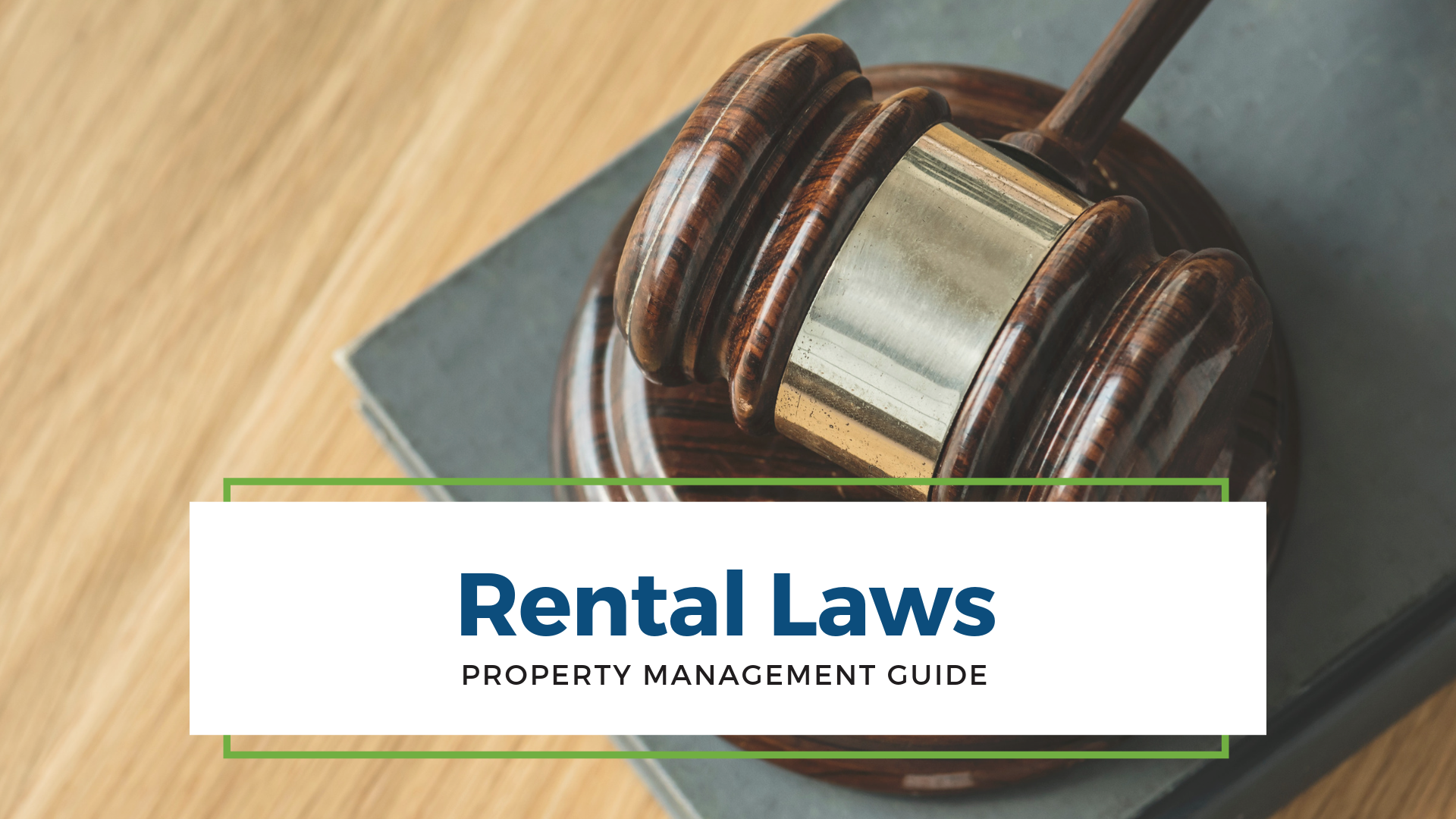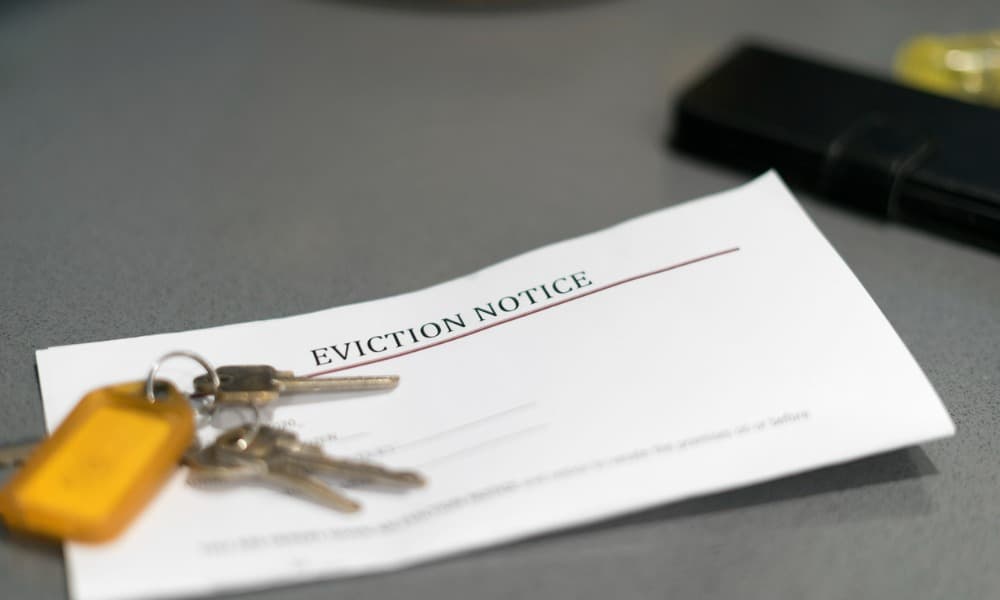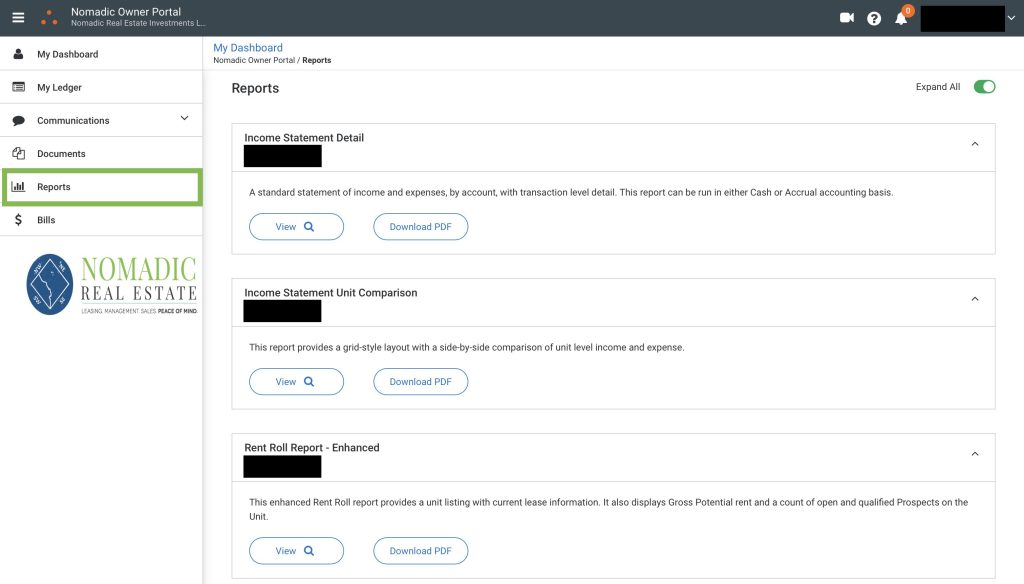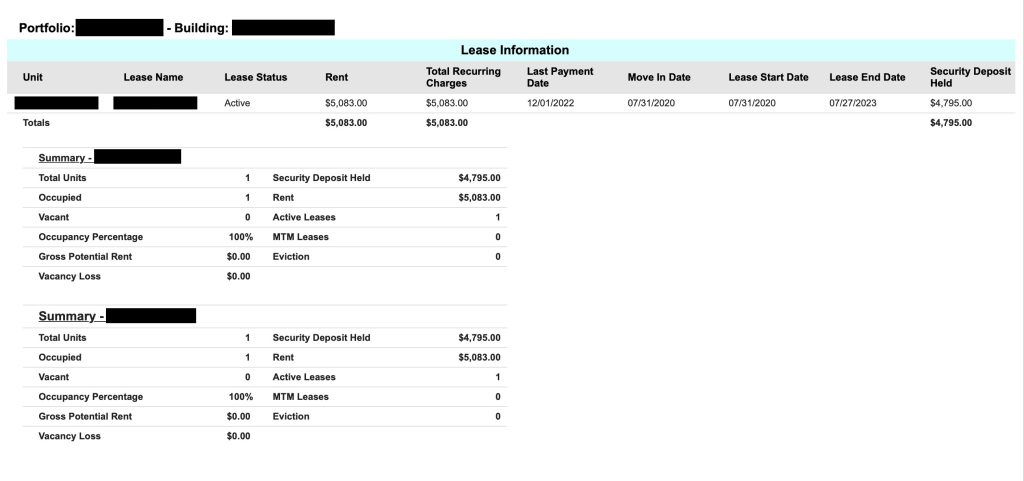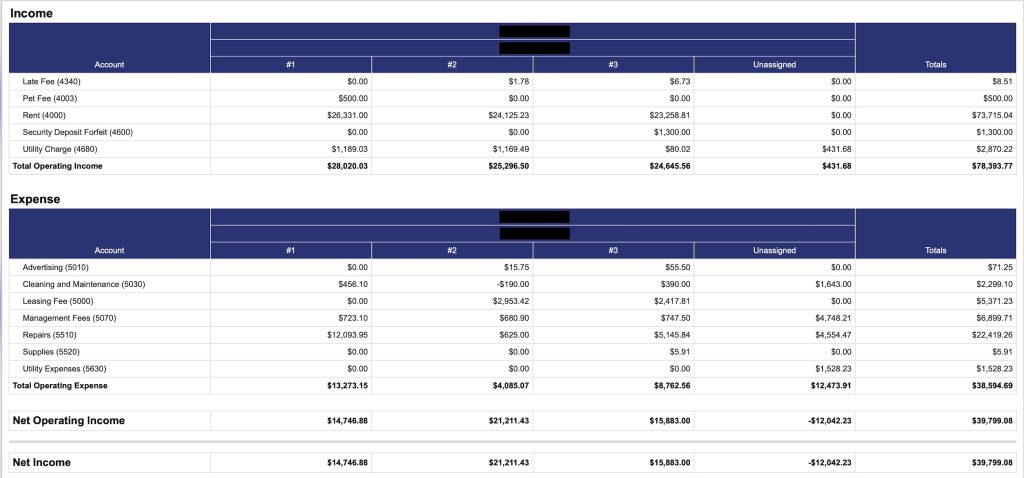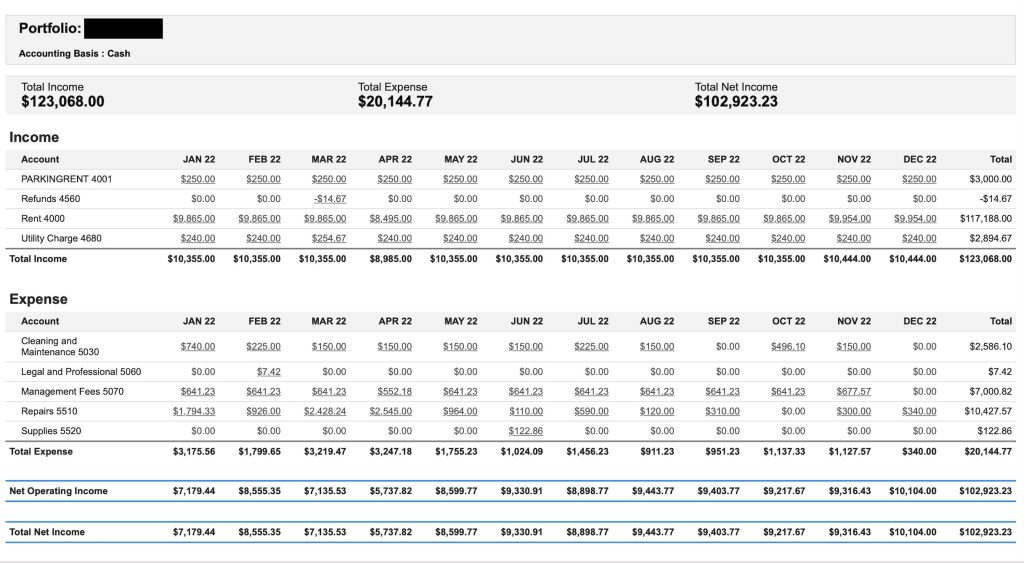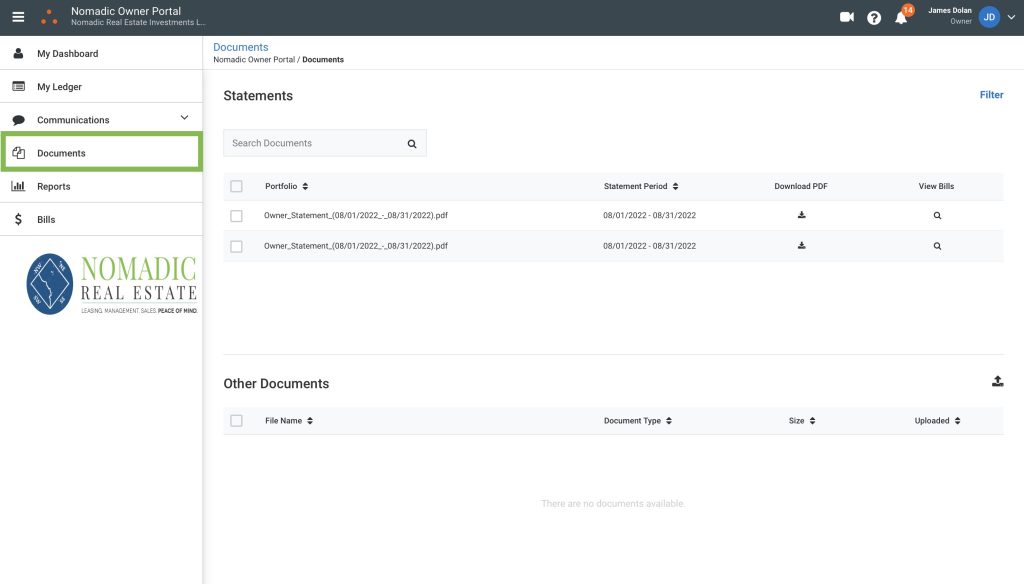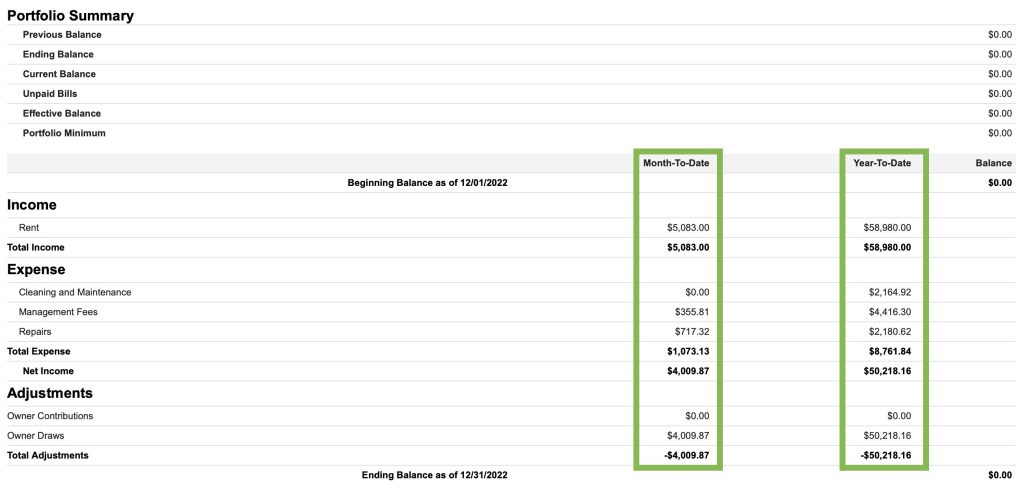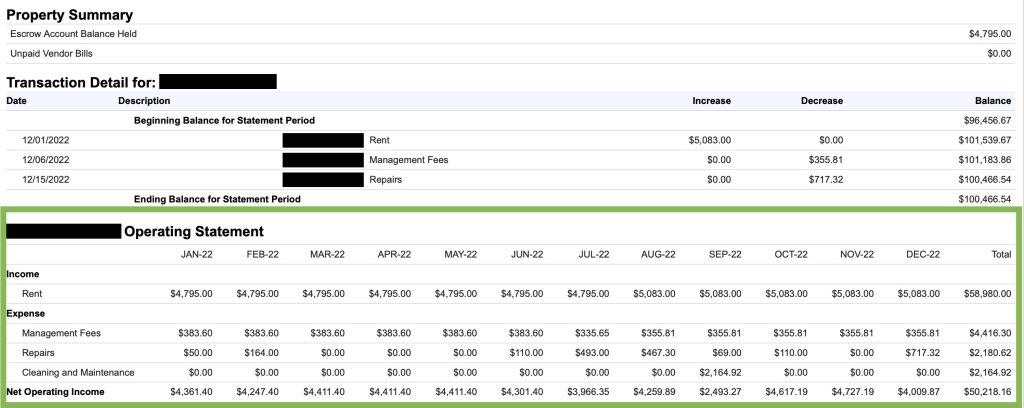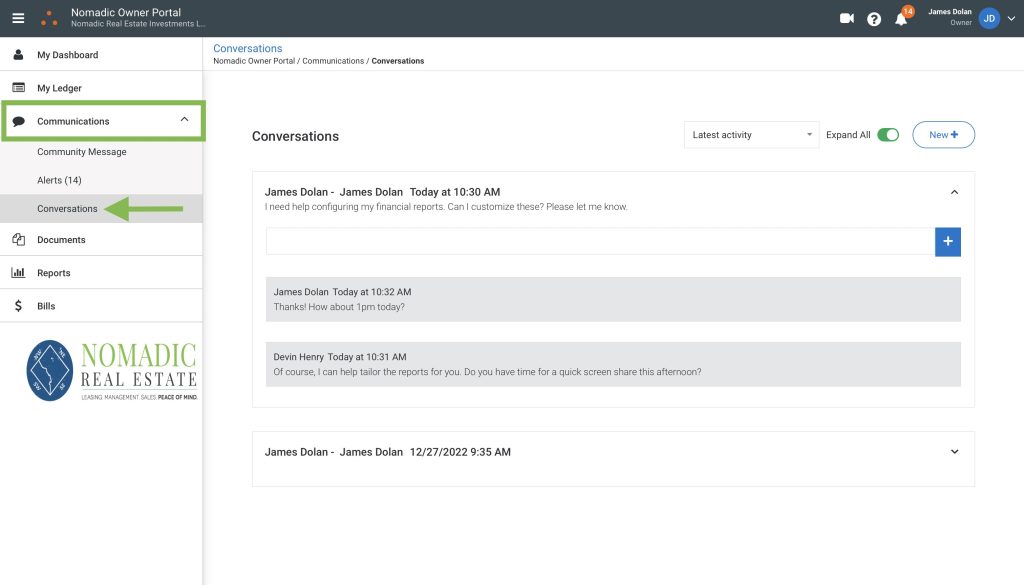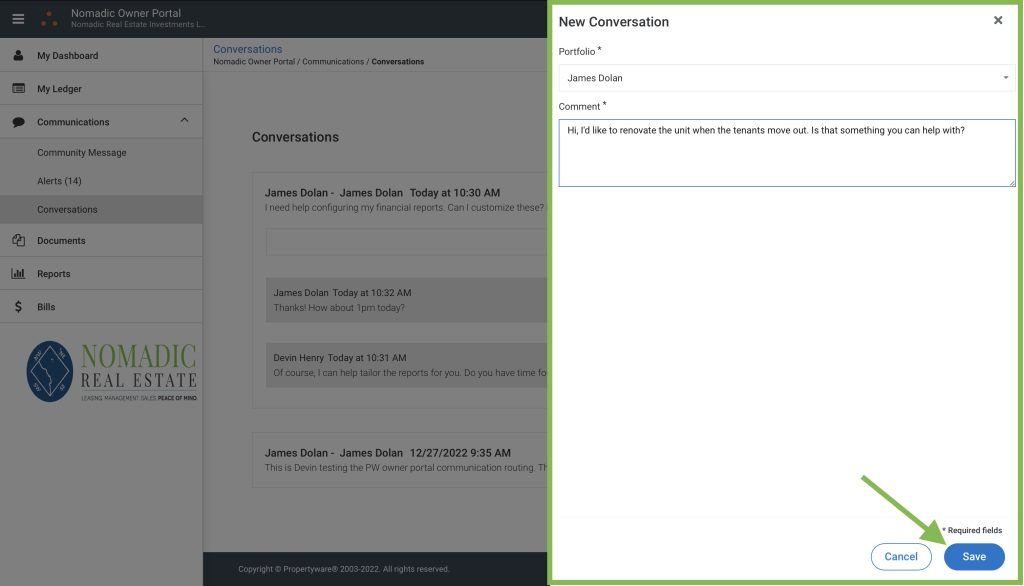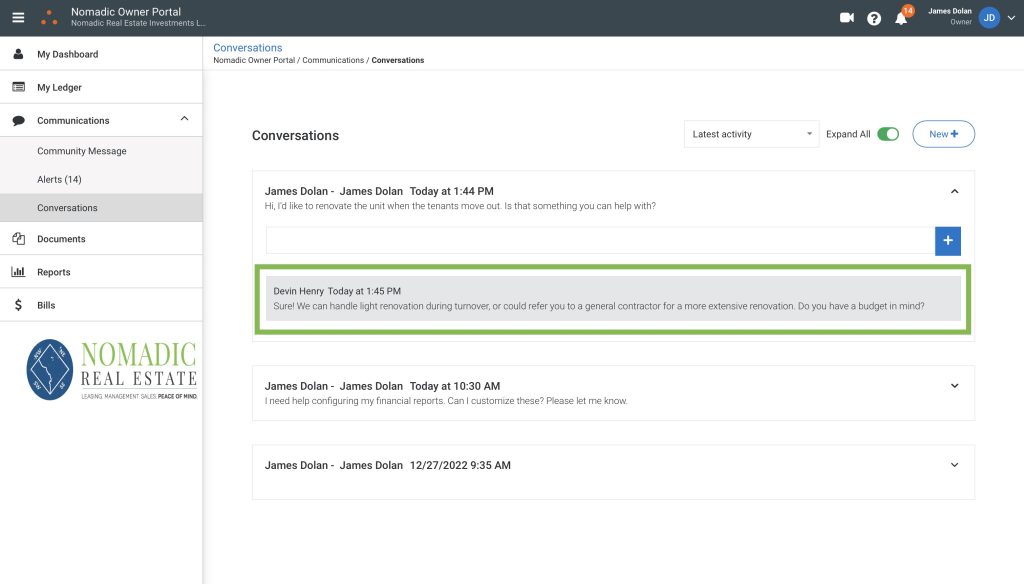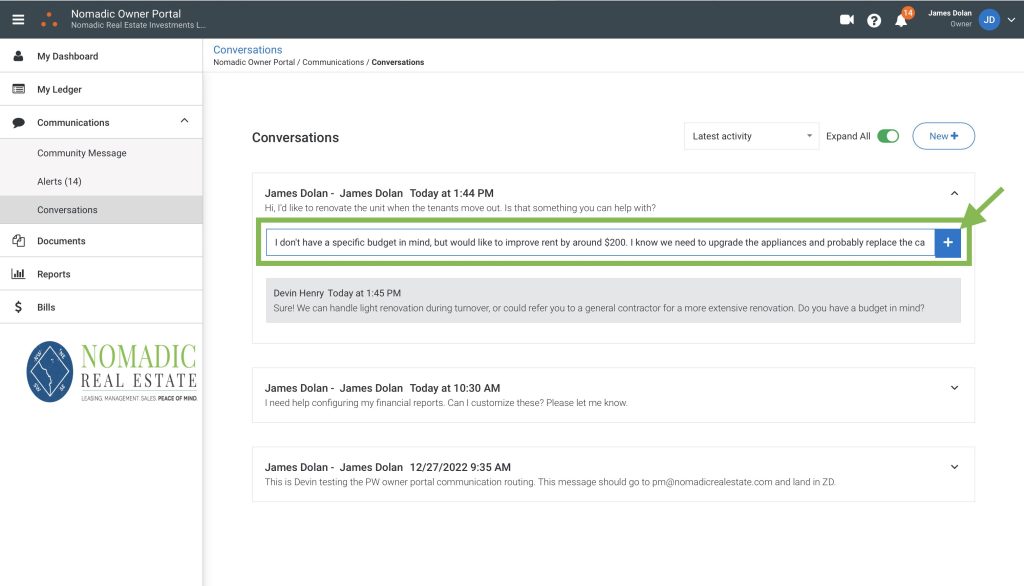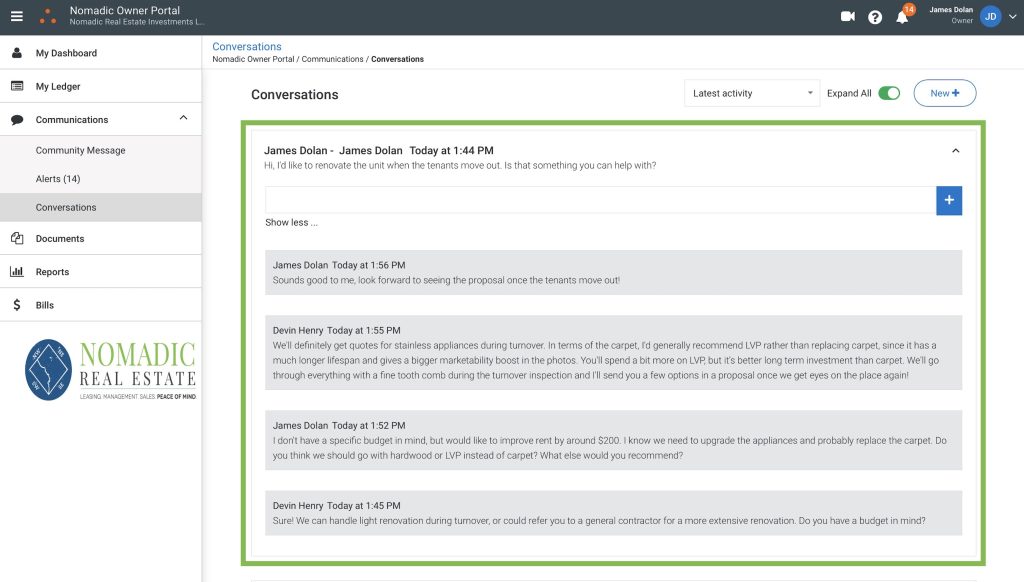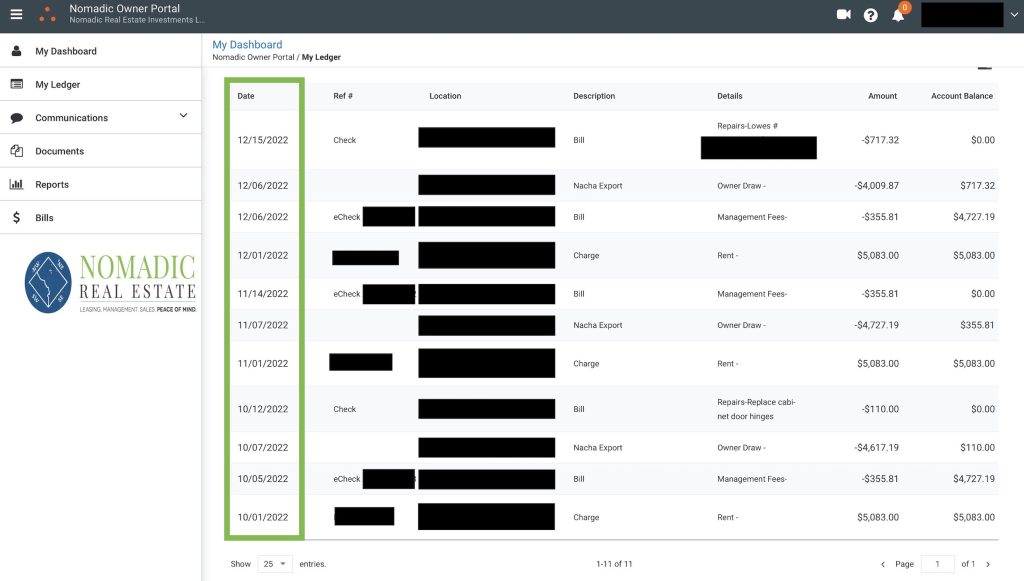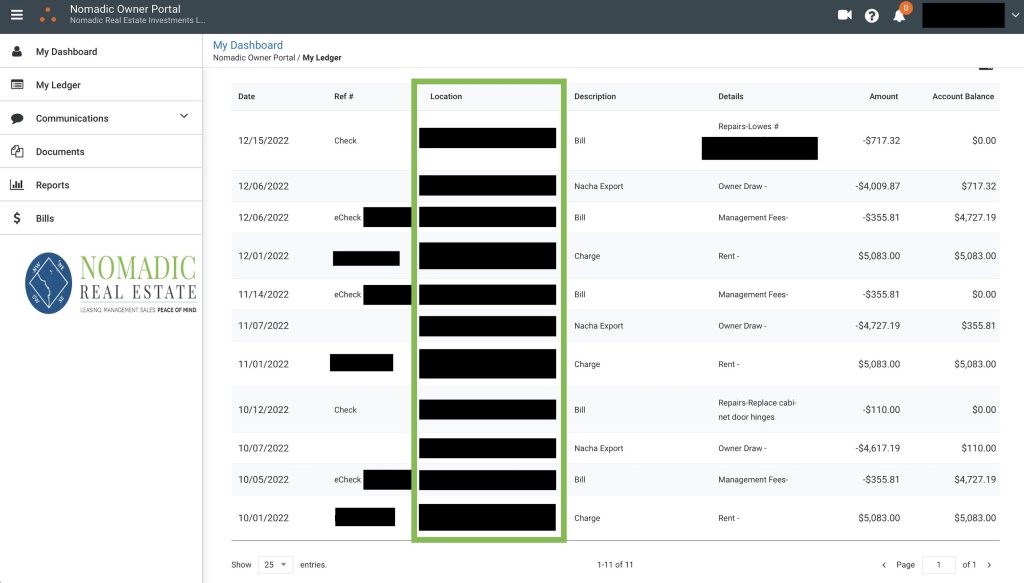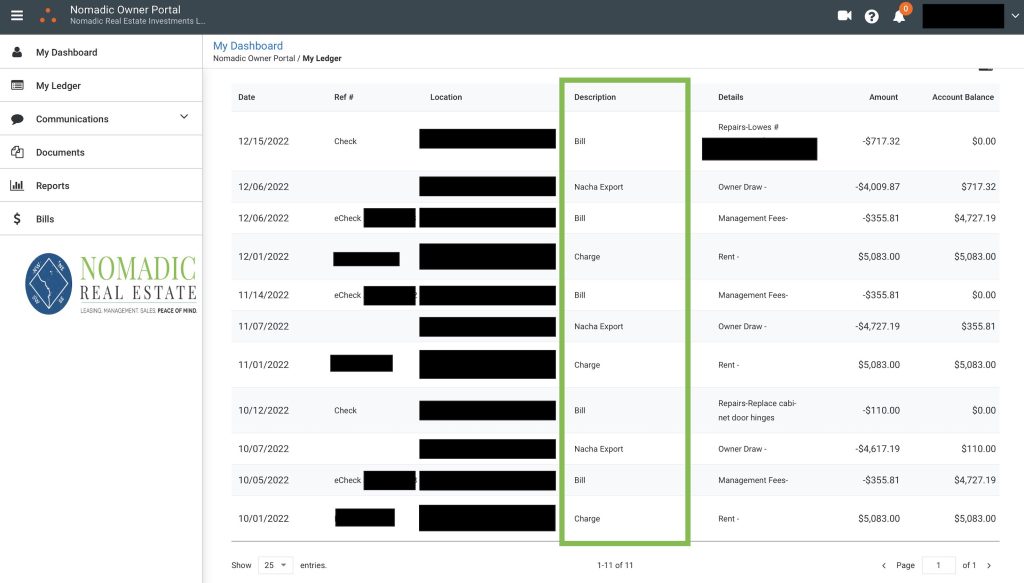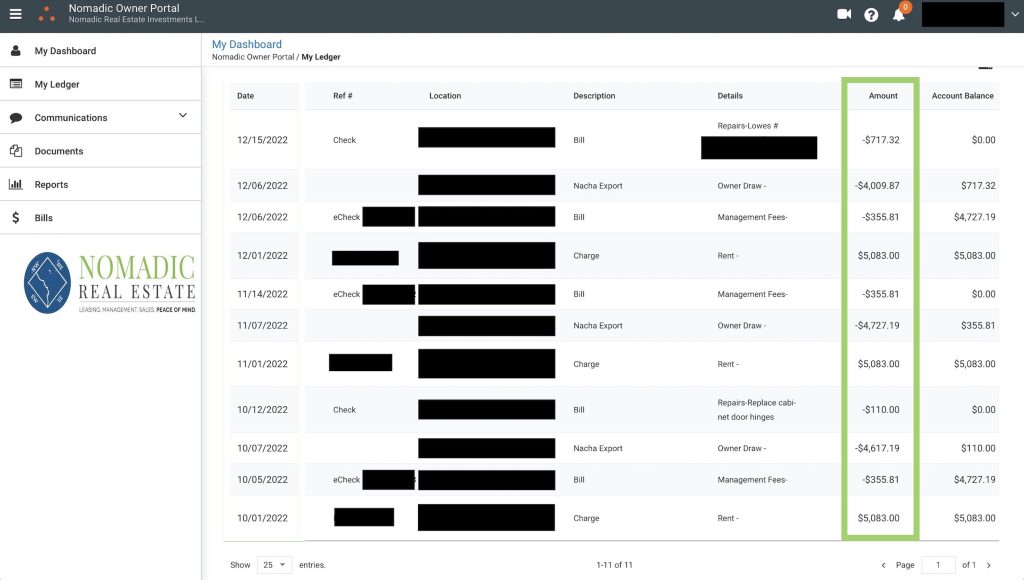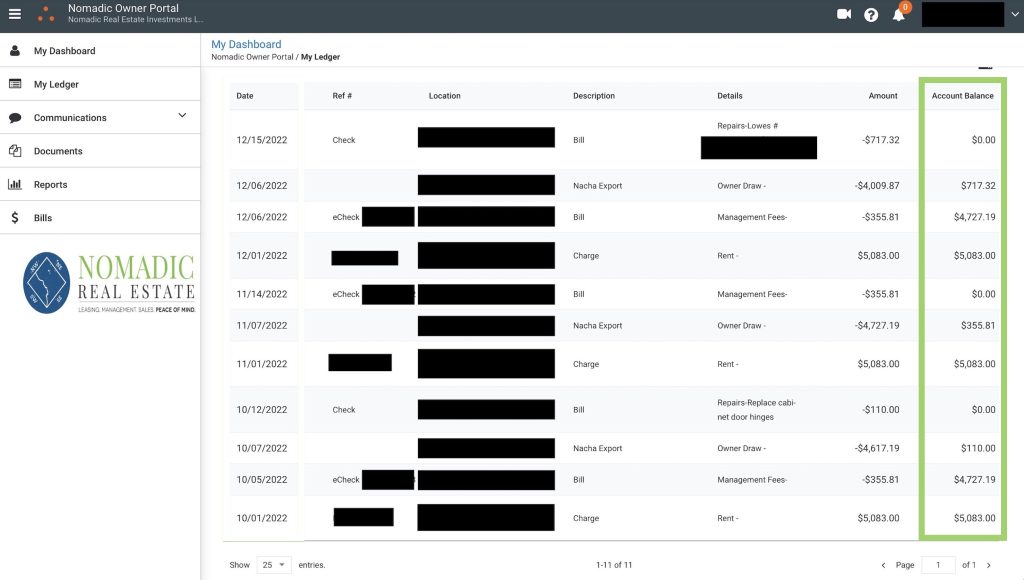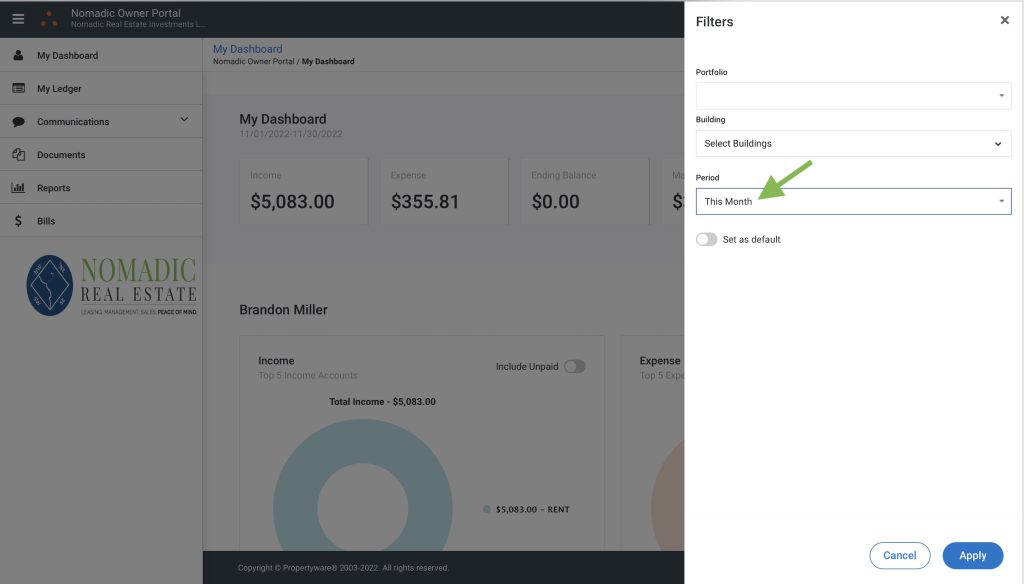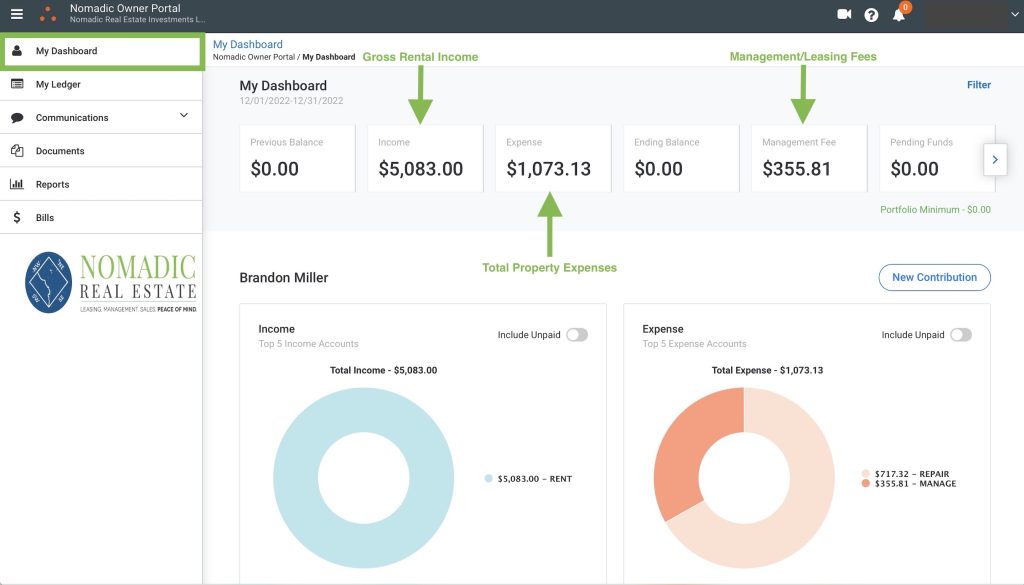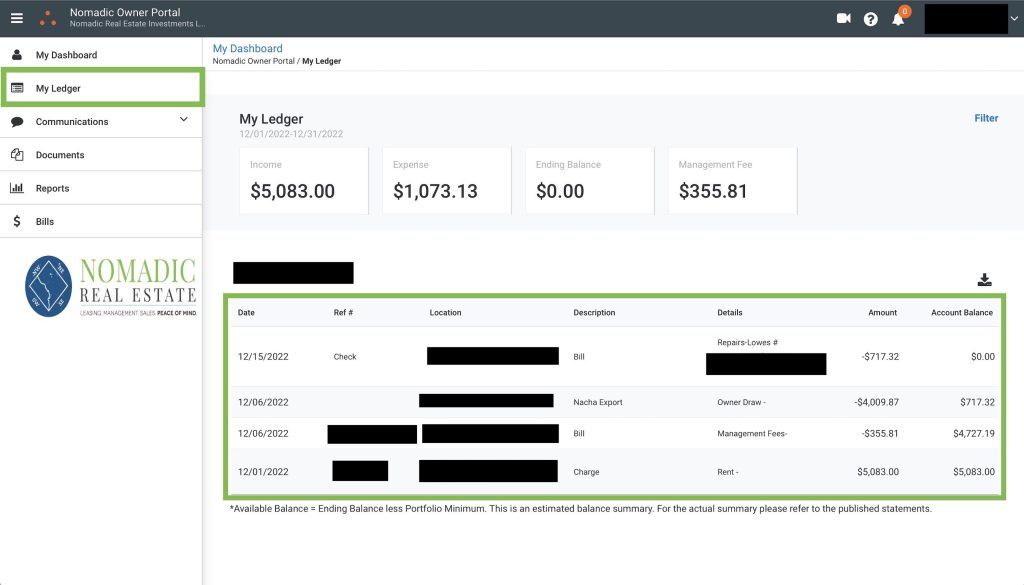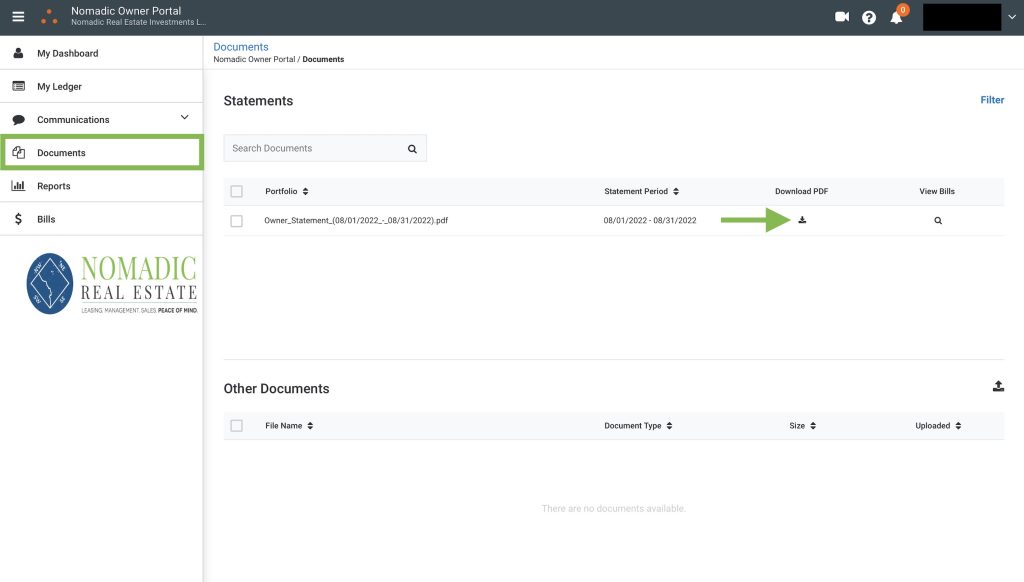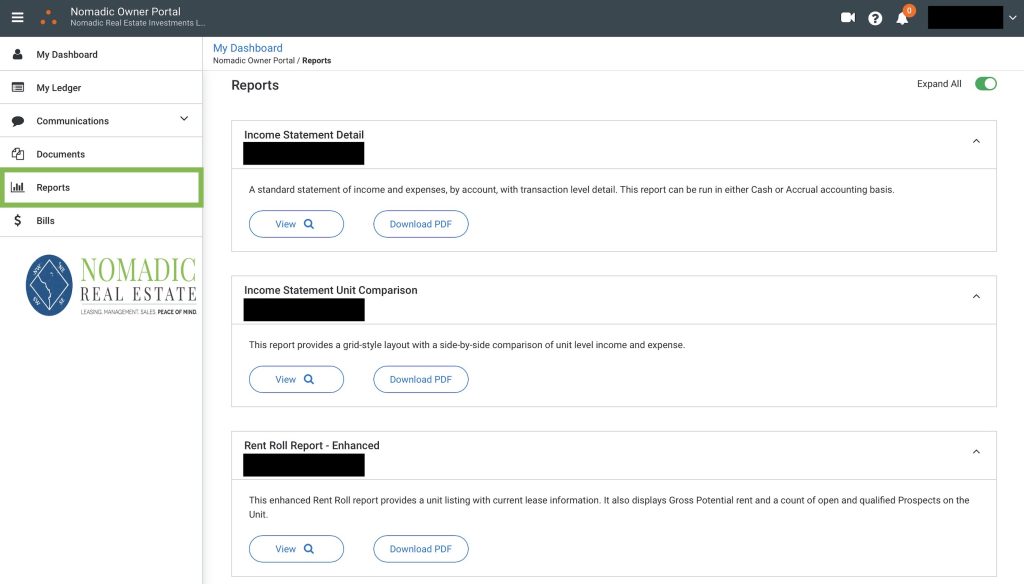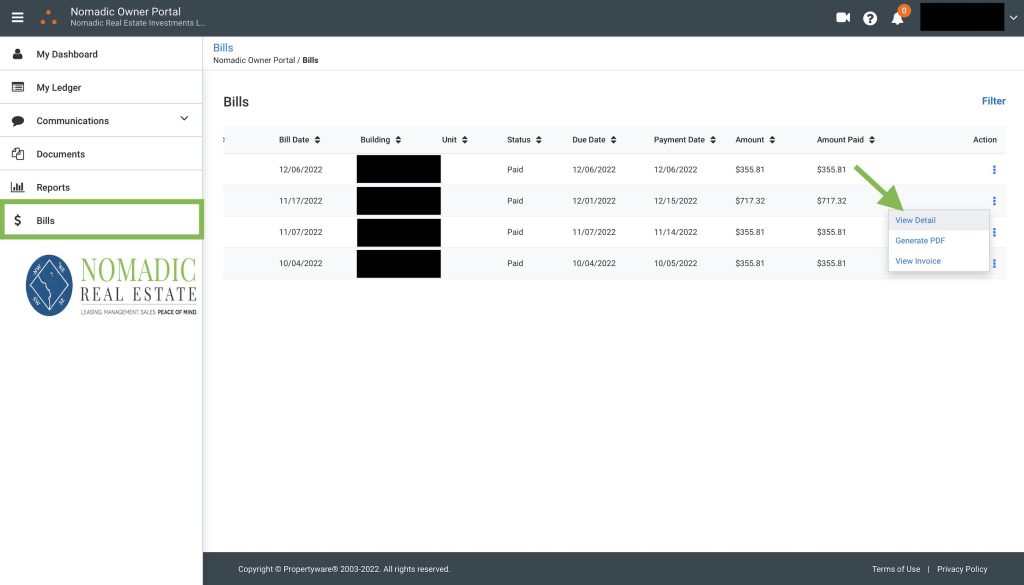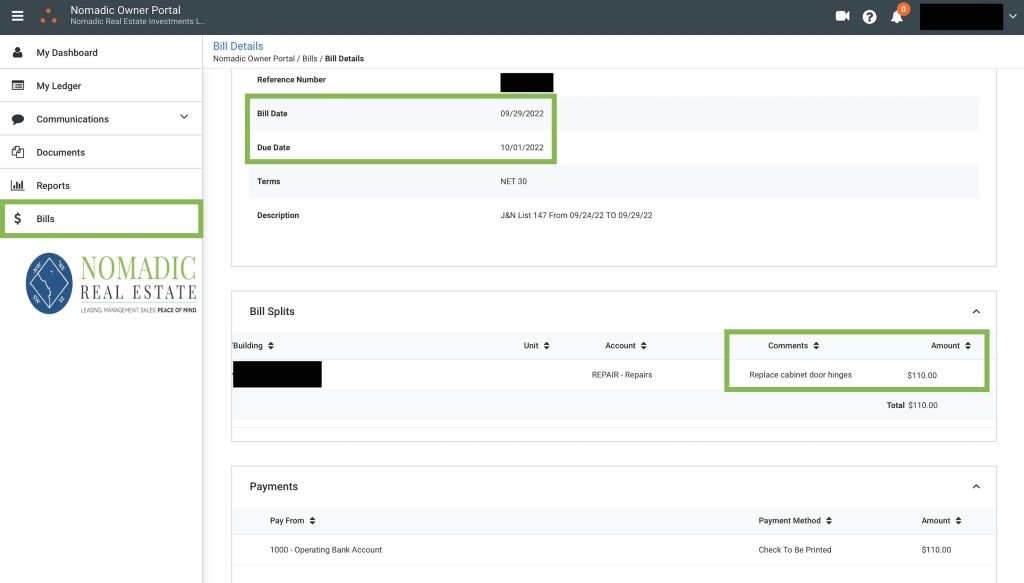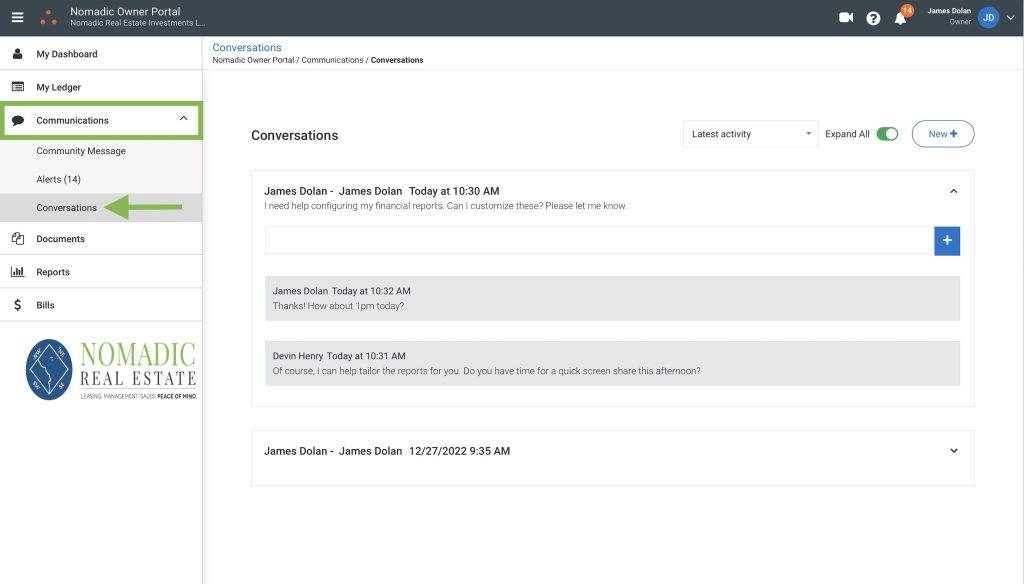So you want to go into real estate and wonder how to be a successful real estate agent? Picture this: you’re on the open road, top-down, cruising towards success. Cruising down the highway, top-down, that’s what it feels like to be a successful real estate agent – total control and autonomy.
You’re not alone if you’ve dreamed of breaking into the dynamic world of property dealing. It’s not enough to merely obtain a license if you’re aiming for success in the real estate business. Achieving that dream is kind of like building a house from scratch.
It requires careful planning, knowledge about local markets and trends (especially Maryland), strong relationships with clients…and yes, even managing social media platforms effectively for referrals. This post will help you learn how to be a successful real estate agent.
How To Be a Successful Real Estate Agent in Maryland

Being a successful real estate agent, particularly in the competitive Maryland market, isn’t about luck or chance. It’s more like baking a cake – there are specific ingredients you need to have.
To be one of those successful real estate agents, you need an intimate knowledge of the local area. You must also be competent with tech and possess great verbal communication abilities. Let’s dig into these crucial components further.
You Need to Understand the Local Area
Becoming an expert in your local area is key because internet real estate services can’t offer personal insight and experience. This makes up 70% of what sets apart great from merely good agents.
In Maryland’s unique real estate landscape, it pays to know every neighborhood detail: school districts, public transport links, and even where the best coffee shops are.
Tech-Savviness
With so many buyers starting their home search online these days, having a strong digital presence is vital for any successful Realtor®️. This means using social media platforms effectively and maintaining an active online profile with current listings and engaging content.
You don’t just want potential clients to find you – you want them to stick around too. Ensure your site is user-friendly with plenty of beneficial data for those looking to purchase or rent a house.
Communication Skills
Last but certainly not least comes stellar communication skills. Remember – being able to talk comfortably about complex topics such as mortgages and property laws goes a long way in building trust with your clients.
But it’s not just about what you say, but how you listen too. Being attentive to client needs and concerns can make all the difference between sealing the deal or losing out on a potential sale.
Key Takeaway:
Success in Maryland’s real estate market hinges on three key skills: deep local knowledge, tech-savviness, and strong communication abilities. Stand out from the crowd by understanding your area intimately, using digital platforms effectively to maintain an active online presence, and mastering clear and attentive communication with clients.
Building a Strong Online Presence in the Real Estate Industry
In today’s digital age, an effective online presence is more than just having a professional website. It also involves leveraging social media to reach potential clients and build relationships.
Leveraging Social Media for Referrals
Social media has become an essential tool for real estate professionals to generate referrals and build client relationships. Did you know that most successful realtors work primarily through referrals? So using platforms like Facebook, X (formerly known as Twitter), Instagram, or LinkedIn can help you showcase your local area knowledge while reaching out to a wider audience.
Having a strong online presence can aid agents in staying up to date with the latest trends and also allow them to interact with their desired demographic in meaningful ways. This could be by sharing informative blog posts about the local market or simply posting pictures of new property listings.
To make waves in this space though, it’s important to provide great content that appeals directly to your followers’ interests. Whether it’s showcasing beautiful properties or offering tips on home improvement projects – if it resonates with your followers, they’re likely to feel comfortable enough to share it within their networks.
This kind of mutually beneficial engagement can lead directly back towards generating more leads – making all those hours spent crafting perfect tweets worth it.
Maintaining Your Online Reputation
Beyond merely being active on social media channels, however, it’s crucial to consistently maintain a positive online reputation. Clients are likely to research you before they make contact, and negative reviews or comments could deter them.
It’s important to consistently monitor review platforms such as Yelp and Google Reviews. Doing so lets you keep an eye on what folks are saying about your service. Respond promptly and courteously to all feedback, as this demonstrates your commitment to providing excellent service and conveys that you value the opinions of customers.
This not only shows that you value the thoughts of your clients but also gives a clear message to potential customers that you’re committed to delivering top-notch service.
Key Takeaway:
Being a successful real estate agent today goes beyond just having an awesome website. It’s about using social media to connect with potential clients, generate referrals, and build relationships. Sharing great content that appeals to your followers can lead directly back towards more leads.
But don’t forget – maintaining a positive online reputation is key too. Always respond quickly and professionally to any feedback you get.
Developing a Business Plan for Your Real Estate Career
Formulating a sound business plan is the opening step to becoming an accomplished real estate broker. Just like any small business, success in the world of real estate requires strategy and forethought.
A well-structured business plan is your roadmap to prosperity in the cutthroat field of property sales. It helps you manage critical aspects such as communication, marketing, and social media organization that are integral to running an effective operation.
Your Primary Goal: Success Through Strategy
Set ambitious goals from the outset to ensure success in your professional journey. Define what ‘success’ means for you; whether it’s closing a certain number of deals per month or making significant profits annually.
You should also outline your target audience. Are you looking at first-time homebuyers or seasoned investors? Understanding who you’re serving will help tailor services effectively while simultaneously managing expectations on both ends.
Understanding Current Trends and Local Market Conditions
No two markets are identical so understanding current trends within your local market is key for setting realistic goals and strategies within your business plan.
Becoming intimately familiar with Maryland’s specific conditions will allow you stand out among other licensed realtors by providing unparalleled insight into lucrative investment opportunities unique to this area.
Contact Management & Building Trust With Clients
Maintaining relationships with clients goes beyond just selling them homes—it involves building trust over time through consistent contact management.
An organized database can save valuable time when tracking client preferences or history—a feature especially important if juggling multiple buyers or sellers concurrently.
Key Takeaway:
Charting a successful real estate career calls for a robust business plan, setting clear goals from the start, and understanding your target audience. It’s vital to stay current with local market trends and dedicate time for ongoing learning. Build trust with clients through consistent contact management – this will set you apart in the property sales game.
Continuous Learning and Training Programs for Real Estate Success
Every successful real estate professional knows that learning doesn’t stop after passing the licensing exam. The real estate biz is constantly shifting, with different laws, market movements, and tech appearing all the time.
To stay at the top of your game in this lucrative career field, you need to be committed to continuous education. This can include attending industry conferences or enrolling in training programs specifically designed for realtors.
The Power of Mentorship
Mentoring is an influential instrument in any vocation, yet it’s especially critical when you’re beginning as a certified real estate representative. A mentor can offer guidance based on their own experiences and provide practical advice on how to navigate challenges within the local market.
A good mentor will also hold you accountable for reaching your goals which boosts motivation levels. Remember – success isn’t just about closing deals; it’s also about developing personally and professionally along the way.
Finding Suitable Training Programs
Training programs are another great place where agents can enhance their skills. These could range from sales techniques courses to digital marketing workshops tailored toward real estate professionals.
Suitable training not only keeps us updated but helps us gain insights into current trends shaping our industry. So make sure you dedicate some valuable time each month towards personal development – even if it means doing an online course during downtime between client meetings.
Becoming Lifelong Learners
No matter what stage we are at in our careers as agents, being open-minded learners who continually strive for growth will pave the way for long-term success in real estate. Remember, there’s always something new to learn and someone new to learn from.
Real estate is indeed a “learn on the job” career where you continually adapt, evolve, and grow with every deal closed or client interaction.
Key Takeaway:
Never Stop Learning: Real estate is a dynamic field that demands continuous learning. Be it industry conferences, training programs, or mentorship – these avenues help you stay updated with market trends and improve your skills. And remember, success in real estate isn’t just about closing deals but also personal and professional growth.
Effective Lead Generation Strategies for Real Estate Agents
As a real estate agent, creating leads is essential for your success. It’s like fishing; you need to know where the fish are and what bait they’re biting on.
Turnkey properties, for example, can be an attractive option for potential buyers looking for move-in-ready homes. Promoting these types of listings in your marketing campaigns could bring you one step closer to landing that next client.
Managing Multiple Clients Simultaneously
The reality is, that successful realtors often handle 7 to 10 clients at the same time. It might seem daunting but consider it as juggling balls – all in different colors and sizes. To keep them from dropping, we use two main strategies: contact management systems and prioritizing tasks effectively.
Contact management systems let us stay organized by tracking interactions with each client so nothing falls through the cracks. Prioritizing tasks helps ensure we spend our valuable time on activities that directly lead to sales – showing houses or closing deals rather than getting lost in paperwork.
Beyond this systematic approach though, there’s another crucial element – empathy. Real estate agents must be empathetic to their clients’ needs and want to assist them with making life-changing decisions.
That means understanding their needs and wants fully before matching them with suitable properties available within local markets.
So how do you balance maintaining quality service while handling multiple clients? The secret lies not only in effective task organization but also in genuinely caring about each buyer’s dream home vision.
Building and Maintaining Relationships with Clients in the Real Estate Industry
The real estate industry is all about relationships. Building a network of clients, from potential buyers to sellers, takes time and effort.
Successful agents like us at Nomadic Real Estate know that trust plays an essential role in building these connections. We make it our mission to ensure that those who select us as their ally in this venture feel at ease.
Fostering Trust through Excellent Service
By delivering outstanding service, we aim to build trust with our clients and ensure a successful real estate transaction. This includes being available for questions or concerns and going above and beyond to help them navigate the complexities of real estate transactions.
A good job well done can turn into referrals, which are invaluable in growing your business successfully. It’s not just about making a sale; it’s about helping clients find their dream home or get the best deal possible when selling their property.
Mutually Beneficial Relationships
To maintain relationships over time requires mutual benefit between you as an agent and your client. Regular communication can ensure you stay top-of-mind for any future real estate needs or referrals they might have down the line.
Sending out regular newsletters featuring current trends in local market conditions could be one way of staying connected with past clients while offering value-add information – something we’ve found particularly useful at Nomadic Real Estate.
Leveraging Technology For Client Relationship Management
Dedicating valuable time to each relationship helps nurture strong bonds but managing multiple relationships simultaneously can become overwhelming without some sort of systemized approach. Contact management software often proves handy here – letting us keep track of every interaction ensuring no detail gets missed out along this complex process.
Statistics indicate that building and maintaining solid relationships with customers forms a vital pillar of success in the real estate industry. We at Nomadic Real Estate believe in providing our clients with excellent service and nurturing mutually beneficial relationships over time. After all, when you feel comfortable working with us – that’s when we know we’ve done a good job.
Key Takeaway:
Building and maintaining relationships are key to thriving in the real estate industry. Success hinges on gaining trust through excellent service, nurturing mutual benefits over time, and leveraging technology for effective client management. It’s not just about making a sale – it’s helping clients find their dream home or sell at the best possible price.
Navigating the Maryland Real Estate Market
Navigating the Maryland real estate market requires specialized knowledge, making it essential for agents to become experts in their local areas. Here in Maryland, our unique blend of urban and rural communities offers opportunities for agents who take time to become experts in their areas.
Becoming an expert isn’t just about knowing where properties are located; it’s also about staying current with trends affecting home values and buyer preferences. With internet real estate services growing in popularity, providing personal insight and experience gives you a competitive edge.
The right investment strategies can help turn this knowledge into success. Let’s dive deeper into what makes the Maryland market unique.
Urban vs Rural: A Tale of Two Markets
In many ways, the Maryland real estate market reflects two distinct markets: Urban and rural. In urban areas like Baltimore or Silver Spring, buyers often prioritize location over size—seeking homes near work or cultural hotspots.
Rural locations such as Frederick County present different challenges and opportunities. Properties tend to stay on the market longer here due to lower population density but offer larger lots at more affordable prices—a huge selling point for some buyers.
Cultural Influence on Property Values
Maryland’s rich history influences its property values too. Historic neighborhoods like Annapolis’ Colonial-era downtown attract premium prices due to their charm & historical significance.
However, they may require special care because older homes often come with additional maintenance needs – another key aspect agents should be familiar with when guiding clients through purchases.
Trends Shaping The Future Of Real Estate In Maryland
The future of the real estate market in Maryland is likely to be impacted by movements such as population aging, urbanization, and climate alteration. Understanding these trends helps you better serve your clients today and plan for a successful career tomorrow.
Being knowledgeable about your area sets you apart in this cutthroat industry. From finding properties that perfectly match specific needs, to understanding how local laws can influence home values – it’s all part of the game.
Key Takeaway:
Master Your Market: As a real estate agent in Maryland, knowing your local market inside and out is key. From the urban-rural divide to historical influences on property values, staying current with trends helps you provide personalized insights that set you apart. Understand buyer preferences and tailor your strategies accordingly for success.
A Final Word About Being a Successful Real Estate Agent
Learning how to be a successful real estate agent is about setting clear goals and mapping out strategies for success. You now understand the importance of building an online presence and leveraging social media for referrals.
It’s important to create a solid business plan and to keep your skills sharp (and compliant) through continuous learning with training programs. You’re ready with techniques for effective lead generation, managing multiple clients simultaneously, and understanding the unique landscape of Maryland’s market too.
But remember: all these tools are just stepping stones on your path towards becoming not only a successful real estate agent but also making sure that every step you take brings you closer to fulfilling your dreams in this dynamic industry. To learn more, contact Nomadic Real Estate.


